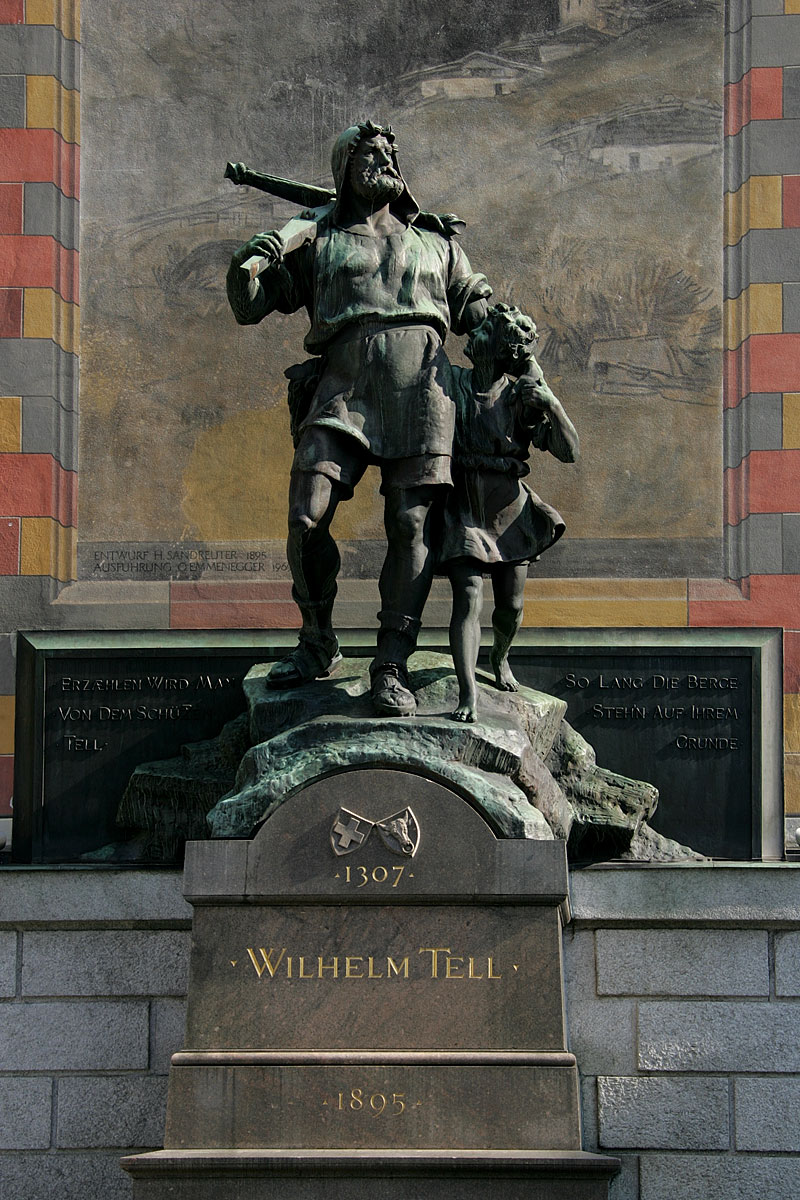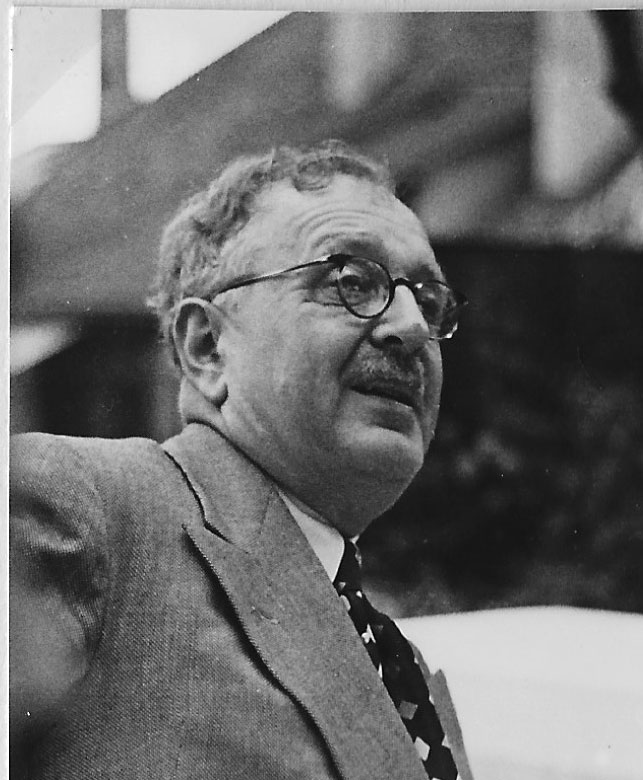|
Pro Helvetia
The foundation Pro Helvetia is a public foundation of Switzerland. Presidents *From 1939 to 1943, Heinrich Häberlin. *From 1944 to 1952, Paul Lachenal. *From 1952 to 1964, Jean-Rodolphe de Salis. *From 1965 to 1970, Michael Stettler. *From 1971 to 1977, Willy Spühler. *From 1978 to 1985, Roland Ruffieux. *From 1986 to 1989, Sigmund Widmer. *From 1990 to 1998, Rosemarie Simmen. *From 1998 to 2005, Yvette Jaggi. *From 2006 to 2013, Mario Annoni. *From 2014 to, Charles Beer. Bibliography *Franz Kessler, "Die Schweizerische Stiftung Pro Helvetia", Schulthess Polygraphischer Verlag, Zürich, 1993, thèse de doctorat de droit. See also * Presence Switzerland Presence Switzerland (German: '; French: ') is an official Swiss organisation and part of the Federal Department of Foreign Affairs, which aims is to promote Swiss interests. The organisation's name is not to be confused with Switzerland Touris ... External links Official website* Foundations based in Switzerland ... [...More Info...] [...Related Items...] OR: [Wikipedia] [Google] [Baidu] |
Government Of Switzerland
The Federal Council (german: Bundesrat; french: Conseil fédéral; it, Consiglio federale; rm, Cussegl federal) is the executive body of the federal government of the Swiss Confederation and serves as the collective head of state and government of Switzerland. It meets in the west wing of the Federal Palace in Bern. While the entire Federal Council is responsible for leading the federal administration of Switzerland, each Councillor heads one of the seven federal executive departments. The position of President of the Swiss Confederation rotates among the seven Councillors on a yearly basis, with one year's Vice President of Switzerland becoming the next year's President of Switzerland. Ignazio Cassis has been the incumbent officeholder since 1 January 2022. An election of the entire Federal Council occurs every four years; voting is restricted to the 246 members of the Federal Assembly of Switzerland. There is no mechanism for recall after election. Incumbents are almost ... [...More Info...] [...Related Items...] OR: [Wikipedia] [Google] [Baidu] |
Culture Of Switzerland
Switzerland lies at the crossroads of several major European cultures. Three of the continent's major languages, German, French and Italian, are national languages of Switzerland, along with Romansh, spoken by a small minority. Therefore, Swiss culture is characterized by diversity, which is reflected in a wide range of traditional customs. The 26 cantons also account for the large cultural diversity. Not withstanding the regional disparities, the Alps have played an essential role in shaping the history and culture of Switzerland. The region of the Gotthard Pass became the nucleus of the Swiss Confederacy in the early 14th century. Nowadays, all mountain areas of Switzerland have a strong skiing and mountaineering culture and are associated with folk arts such as the alphorn and yodeling. Other Swiss cultural icons include Swiss chocolate, Swiss cheese, watches, cowbells, banking, and the Swiss Army knives. History Folk arts Folk art is around in organizations all ... [...More Info...] [...Related Items...] OR: [Wikipedia] [Google] [Baidu] |
Switzerland
). Swiss law does not designate a ''capital'' as such, but the federal parliament and government are installed in Bern, while other federal institutions, such as the federal courts, are in other cities (Bellinzona, Lausanne, Luzern, Neuchâtel, St. Gallen a.o.). , coordinates = , largest_city = Zürich , official_languages = , englishmotto = "One for all, all for one" , religion_year = 2020 , religion_ref = , religion = , demonym = , german: Schweizer/Schweizerin, french: Suisse/Suissesse, it, svizzero/svizzera or , rm, Svizzer/Svizra , government_type = Federal assembly-independent directorial republic with elements of a direct democracy , leader_title1 = Federal Council , leader_name1 = , leader_title2 = , leader_name2 = Walter Thurnherr , legislature = Federal Assembly , upper_house = Council of ... [...More Info...] [...Related Items...] OR: [Wikipedia] [Google] [Baidu] |
Paul Lachenal
Paul Lachenal (1884, Geneva – 1955) was a Swiss politician and philanthropist. He was born in Geneva as son of the Jean-François Lachenal and the Louise Marie born Gleckner. He studied law at the University of Geneva, which he completed in 1906 with the acquisition of the licentiate (lic. Iur.). As a result, he completed an internship at the law firm of his uncle (the president of the Confederation) Adrien Lachenal. From 1908 to 1911 he served as deputy to the Geneva prosecutor, and finally from 1912 as General attorney. 1907 he founded together with Eugène Borel (1862 -1955), the law firm Borel & Barbey. Paul Lachenal, who was married to Elisabeth Alice Lachenal Jenny, died on 10 March 1955, four months after his 70th birthday in Geneva. He was the father of, Ariane Garbade Lachenal and Editor and diplomat François Lachenal, and grandfather of the artist Daniel Garbade. Politics The political career of Paul Lachenal, began as member of the Liberation Democratic Par ... [...More Info...] [...Related Items...] OR: [Wikipedia] [Google] [Baidu] |
Sigmund Widmer
Sigmund Widmer (born 30 July 1919 in Zürich, died 11 August 2003 in Visp) was a Swiss historian, writer and LdU politician who served as mayor of the city of Zürich. Early life and education Born in Zürich to Bertha Gizella, née Oechslin, and Huldreich, Sigmund Widmer was citizen of the city of Winterthur, raised in Zürich, and as a child he also spent some time in the family of Ruth Guggenheim Heussler. He was educated as a primary school teacher in Zürich, and later studied History and German philosophy at the University of Zurich and at the University of Geneva from 1944 to 1948. Widmer habilitated as Dr. phil., and worked in Zürich as secondary school teacher (''Mittelschullehrer'') between 1949 and 1954. Political career From 1950 to 1954 he was a delegate of the LdU political party in the legislative assembly (''Gemeinderat'') of the city of Zürich, and from 1954 to 1982 as a member of the executive city council (''Stadtrat'') as head of the ''Hochbaudeparte ... [...More Info...] [...Related Items...] OR: [Wikipedia] [Google] [Baidu] |
Presence Switzerland
Presence Switzerland (German: '; French: ') is an official Swiss organisation and part of the Federal Department of Foreign Affairs, which aims is to promote Swiss interests. The organisation's name is not to be confused with Switzerland Tourism, the owner of the MySwitzerland website. Presence Switzerland manages an eight-language information website about the country, describing its history, institutions and politics. It also hosts the Swiss pavilions at the World's fairs, as well as the House of Switzerland. See also * Pro Helvetia * Swissinfo SWI swissinfo.ch is a multilingual Multilingualism is the use of more than one language, either by an individual speaker or by a group of speakers. It is believed that multilingual speakers outnumber monolingual speakers in the wor ... External links Official website Foreign relations of Switzerland Federal Department of Foreign Affairs News agencies based in Switzerland {{Switzerland-stub ... [...More Info...] [...Related Items...] OR: [Wikipedia] [Google] [Baidu] |
Foundations Based In Switzerland
Foundation may refer to: * Foundation (nonprofit), a type of charitable organization ** Foundation (United States law), a type of charitable organization in the U.S. ** Private foundation, a charitable organization that, while serving a good cause, might not qualify as a public charity by government standards * Foundation (cosmetics), a multi-coloured makeup applied to the face * Foundation (evidence), a legal term * Foundation (engineering), the element of a structure which connects it to the ground, and transfers loads from the structure to the ground Arts, entertainment, and media Film and TV * ''The Foundation'', a film about 1960s-1970s Aboriginal history in Sydney, featuring Gary Foley * ''Foundation'' (TV series), an Apple TV+ series adapted from Isaac Asimov's novels * "The Foundation" (''Seinfeld''), an episode * ''The Foundation'' (1984 TV series), a Hong Kong series * ''The Foundation'' (Canadian TV series), a 2009–2010 Canadian sitcom Games * ''Foundati ... [...More Info...] [...Related Items...] OR: [Wikipedia] [Google] [Baidu] |
Foreign Relations Of Switzerland
The foreign relations of Switzerland are the primary responsibility of the Federal Department of Foreign Affairs (FDFA). Some international relations of Switzerland are handled by other departments of the federal administration of Switzerland. History Article 54 of the Swiss Constitution of 1999 declares the safeguarding of Switzerland's independence and welfare as the principal objective of Swiss foreign policy. Below this overarching goal, the Constitution specifies these foreign policy objectives: *alleviate need and poverty in the world; *promote respect for human rights and democracy; *promote the peaceful coexistence of peoples; *promote preservation of natural resources. These objectives reflect the Swiss moral obligation to undertake social, economic, and humanitarian activities that contribute to world peace and prosperity. This is manifested by Swiss bilateral and multilateral diplomatic activity, assistance to developing countries, and support for the extension ... [...More Info...] [...Related Items...] OR: [Wikipedia] [Google] [Baidu] |
Government Agencies Established In 1939
A government is the system or group of people governing an organized community, generally a state. In the case of its broad associative definition, government normally consists of legislature, executive, and judiciary. Government is a means by which organizational policies are enforced, as well as a mechanism for determining policy. In many countries, the government has a kind of constitution, a statement of its governing principles and philosophy. While all types of organizations have governance, the term ''government'' is often used more specifically to refer to the approximately 200 independent national governments and subsidiary organizations. The major types of political systems in the modern era are democracies, monarchies, and authoritarian and totalitarian regimes. Historically prevalent forms of government include monarchy, aristocracy, timocracy, oligarchy, democracy, theocracy, and tyranny. These forms are not always mutually exclusive, and mixed governm ... [...More Info...] [...Related Items...] OR: [Wikipedia] [Google] [Baidu] |
.jpg)

